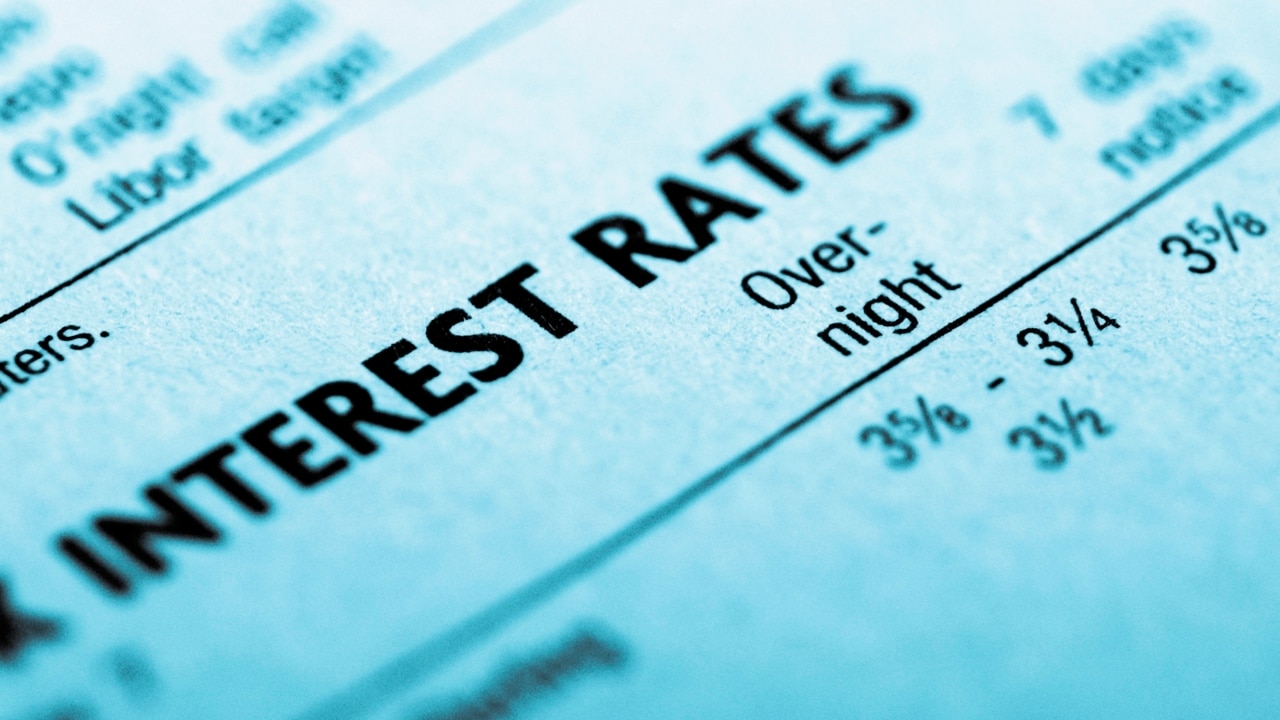All your loan questions answered for first-home buyers
From how to get a loan to understanding bank jargon, here are some key questions answered for first-home buyers.

Getting a home loan can be an overwhelming experience, from choosing a mortgage broker and a lender, to sorting out all of your other finances.
It can be difficult to know where to begin and what all the jargon means.
Here are some key loan questions answered for first-home buyers.

HOW DO YOU GET PRE-APPROVAL FOR A HOME LOAN?
First, you need to decide who to get your pre-approval from.
Finspo co-founder and chief executive Angus Gilfilian says a broker can you navigate the market and find the right lender for you.
You will need to gather your key supporting documents to prepare your application.
Your broker should guide you through this process and will usually request the following:
- Identification and pay slips from the past few months, or if you are self-employed, they will need your financials from the past two years;
- A statement of your current debts and deposits; and
- Estimates on your key expenses such as rent and credit cards.
A broker will also assist you to submit your pre-approval request to a lender.
You can do all of this yourself, rather than using a broker, but they are helpful, especially for first-home buyers.
“If successful, your pre-approval is usually valid for three to six months,” Mr Gilfilian said.
“You can usually extend by providing updated financial information. Otherwise, you’ll need to reapply.”

WHAT DOCUMENTS DO YOU NEED TO GET A HOME LOAN?
Mr Gilfilian said lenders were essentially trying to confirm three things about an applicant.
First, they need to confirm your identity, so a driver’s licence or passport is required.
Secondly, they want to understand your current financial situation.
“In a nutshell, what you own and what you owe,” Mr Gilfilian said.
“This includes assets like deposits, investments, houses and cars, and any liabilities like credit card debt, HECS debt or any other loans.”
Thirdly, they will need supporting documents such as bank statements, pay slips and credit card statements.
“They’re assessing whether you can afford the pre-approval you’re requesting. In other words, your income and expenses,” Mr Gilfilian said.
WHAT MUST YOU KNOW ABOUT YOUR CREDIT RATING?
Mr Gilfilian says if you are aware of some previous defaults, it can be useful to let your broker know so they can consider which lenders will be most suitable for pre-approval.

WHO CAN BE YOUR GUARANTOR WHEN BUYING A HOME?
A guarantor is someone who adds an extra layer of security for your lender.
It is often done through equity in a property they own, known as a security guarantor, or sometimes via income assistance, known as a servicing guarantor.
“When someone becomes your guarantor, they agree to take on some of the risk if your loan repayments can’t be made for whatever reason,” Mr Gilfilian said.
It is worth noting that lenders vary regarding who can be your guarantor.
“Generally, lenders will accept parents, spouse or de facto partners, plus close family such as siblings,” Mr Gilfilian said.
“Many lenders will not allow distant relatives or friends to act as your guarantor.”
WHAT IS A LOAN TO VALUE RATIO (LVR)?
The LVR is the value of your loan compared with the value of your property.
The higher the LVR, the higher the perceived risk for the lender.
“If you can get your LVR below 80 per cent, it often means you can avoid having to pay for lenders mortgage insurance,” Mr Gilfilian said.
“Often the lower your LVR, the better the deal you’ll have available to you from lenders.”

WHAT ABOUT PRINCIPAL AND INTEREST VERSUS INTEREST-ONLY REPAYMENTS?
Principal is the amount of money you have borrowed from a lender to buy your home that you pay back over time – that is, the balance of the loan.
Interest is a percentage-based payment you make to a lender for borrowing money (the principal) from them. This is how lenders make money.
“A principal and interest loan pays back your principal balance as well as the interest it’s accruing,” Mr Gilfilian said.
“Your loan will be getting smaller over time with this loan type.
“In an interest-only repayment period, you only pay back interest. This means that your principal balance will remain unchanged.
“While the repayments will likely be lower to begin with, eventually, you’re going to have to start paying back the principal.”






